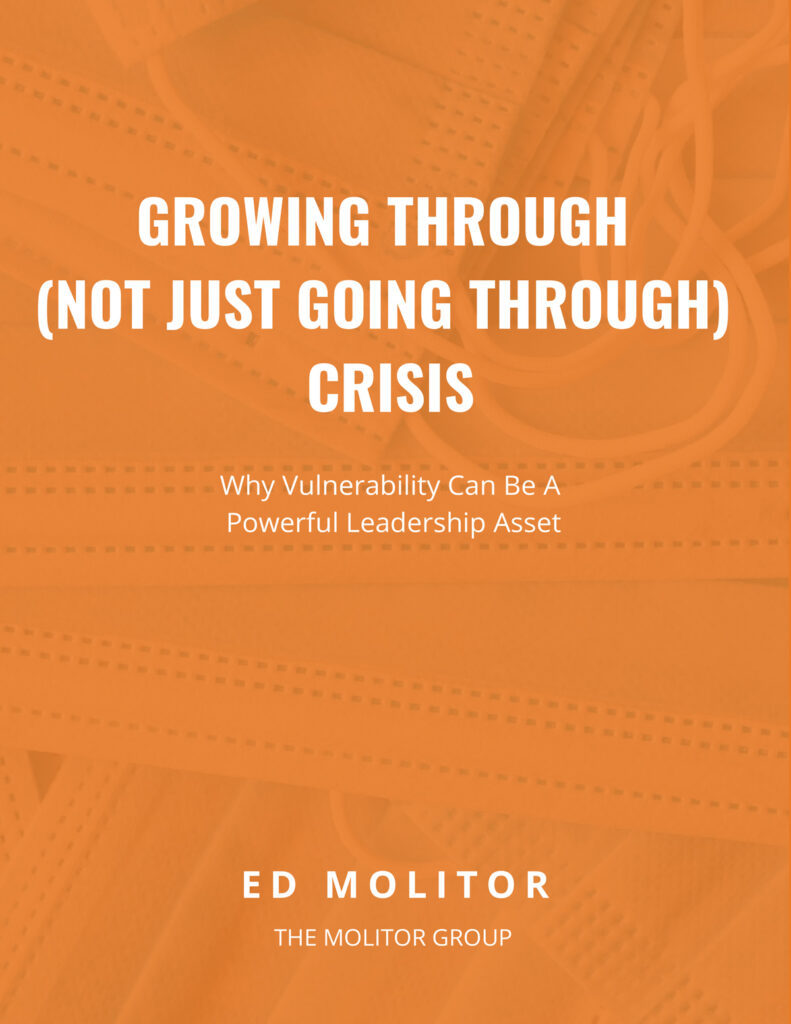Saturday was a day filled with basketball for the family as we packed up the Honda Odyssey and made our way to Lewis University to see some former players be honored at halftime of the Men’s game as the Team of the Decade for the ‘90’s. After watching LU defeat Illinois Springfield, we then headed back to our hometown of Batavia to watch the Bulldogs get a huge “W” in overtime over a talented West Aurora team in the annual Night of Hoops(Now, this was much to the delight of my kids, Grandpa and me but I am pretty sure my wife feels as though she earned a couple of spa days by putting up with us).
That is when it happened, again! I found myself explaining to my two-year old son E.J. how more games are lost then won. You could see it happening as the grind of the game continued and the momentum would shift. As a fan it is confusing, as a coach is extremely frustrating and as a player, well….it sucks. You find yourself saying WHY? a lot. Why did you take that shot, why did you throw that pass, why did you call time out, why didn’t you box out? Nothing seems to make sense and everyone is holding their breath, just hoping for something positive to happen. Basically, holding on for dear life and hoping to escape with a win. In other words, playing not to lose.
Playing not to lose is something I see a lot in the business world and in life with coaching clients of mine. Now, when the client first comes to see me they may not know they are playing not to lose, but after a good deal of working through what is going on it becomes apparent. We work together to figure out not only their ideal performance state, but we also work on what they can do to get there. In short, we are working on their mental toughness. Business and life are a competition which means they will be filled with frustration, joy, uncertainty, pain and struggle. The battle is within ourselves and it begins with our self-control. The mastery of self-control is a continuous process of self-transformation, change and rebirth. One of my all-time favorite reads on this subject was James Loehr’s Mental Toughness Training for Sports, which was published in 1982. In that book, he points out that consistently performing to your peak in the heat of competitive battle requires mental strength, a strength that is fundamentally embodied in a core of acquired mental skills. Those skills include concentrating, controlling one’s attitude, managing pressure, thinking right, controlling energy, staying motivated and visualizing. Think about your career and life, do these very same skills not apply? Of course, they do.
Often when you are playing not to lose, your inner world is a frantic mixture of panic, fear and frustration as opposed to being relaxed, calm and quiet. You experience fear of looking bad, fear of losing, fear of choking and fear of letting people down. By getting dialed into the moment and appreciating it for what it is you find yourself with more focus, energy, calmness and strength. When you are in the moment you are physically doing what you are mentally doing. Therefore, it is scientifically impossible for you to be worried about anything else, thus minimizing negative feelings. The more consistent you are psychologically the more consistent your performance will be.
Mental Toughness
The beauty of this is that mental toughness is learned, not inherited and you do not have to change your personality to achieve a high degree of mental toughness. What you do have to do is intentionally work on a set of characteristics which define mentally tough competitors. Those characteristics are:
- Self-motivated and Self-Directed-Do not need to be pushed, forced or shoved from the outside.
- Positive but Realistic-Do not complain or criticize. Fixed on success and on what can happen.
- In control of Their Emotions-Control anger, frustration and fear as opposed to letting those three things control them.
- Calm and Relaxed Under Fire-Embrace pressure as it tests the outer limits of their potential. Pressure is not a threat.
- Highly Energetic and Ready for Action-Capable of getting themselves ready despite fatigue, personal problems or uncontrollable circumstances.
- Determined-Sheer force of will and relentless in pursuit of their goals.
- Mentally Alert and Focused-Ability to tune in what’s important for an extended period of time.
- Incredibly Self-Confident-Unshatterable sense of confidence and belief in themselves. Rarely fall victim to self-defeating thoughts and ideas.
- Fully Responsible-Fully accountable for their own actions. No excuses and nobody else’s fault, either they did or they didn’t.
To build your mental toughness, you must stretch yourself and get outside of your comfort zone. You cannot rely on other people to do that for you which is why I am always amused when people point the finger and blame others for their failures. Life is 10% what happens to you and 90% how you react to it. Think about that statement and how it applies to your life today. Then, take a few minutes and honestly assess where you could improve and work on your mental toughness.



